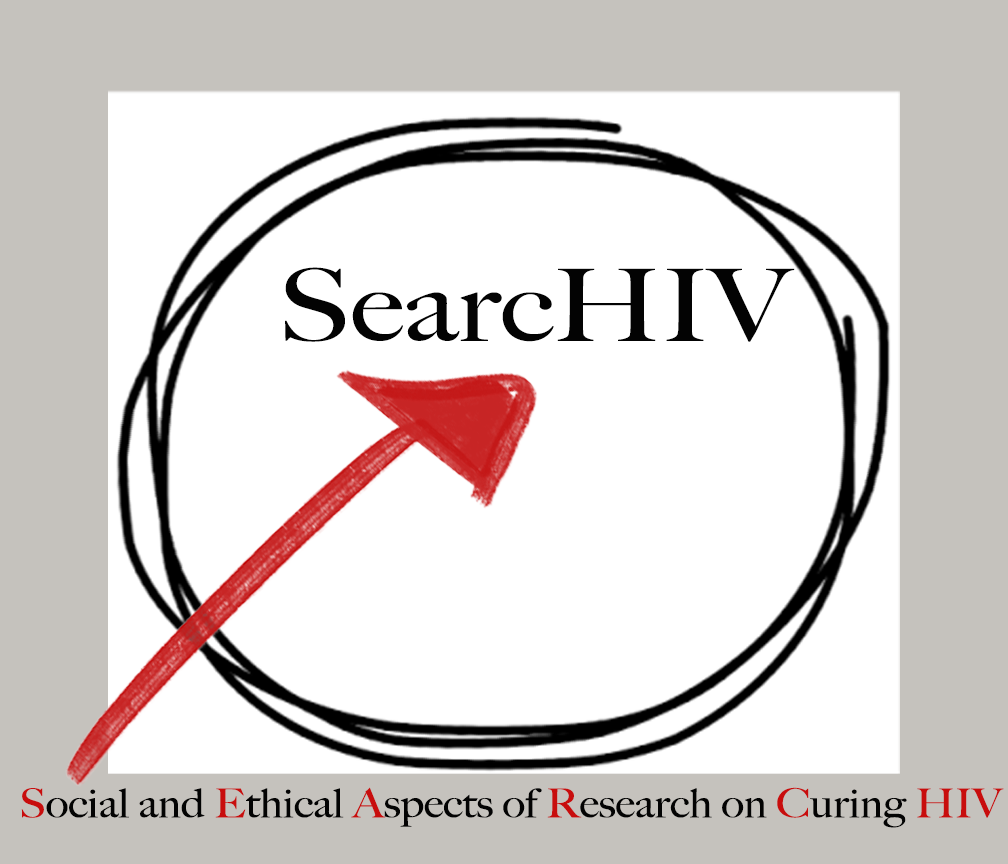 Dr. Bangsberg’s research focuses on HIV in impoverished populations. In 1996, he launched a series of studies in HIV+ homeless and marginally housed individuals in response to concerns that poor adherence to HIV antiretroviral treatment in the urban poor would create new strains of drug resistant virus. He described the challenges in providing antiretroviral therapy to the urban poor, developed valid measures of adherence, defined the risk of antiretroviral resistance by level of adherence, and developed effective interventions to improve adherence in the HIV+ urban poor. These studies mitigated what we now recognize were exaggerated concerns regarding HIV drug resistance in the urban poor and helped shift the debate from withholding treatment to maximizing treatment effectiveness.
Dr. Bangsberg’s research focuses on HIV in impoverished populations. In 1996, he launched a series of studies in HIV+ homeless and marginally housed individuals in response to concerns that poor adherence to HIV antiretroviral treatment in the urban poor would create new strains of drug resistant virus. He described the challenges in providing antiretroviral therapy to the urban poor, developed valid measures of adherence, defined the risk of antiretroviral resistance by level of adherence, and developed effective interventions to improve adherence in the HIV+ urban poor. These studies mitigated what we now recognize were exaggerated concerns regarding HIV drug resistance in the urban poor and helped shift the debate from withholding treatment to maximizing treatment effectiveness.
In 2001, he led a series of investigations to address similar concerns that the scale-up of antiretroviral therapy to poor regions of the world would similarly lead to unacceptable levels of drug resistance due to the challenges of adhering to antiretroviral therapy in settings of extreme poverty. He was senior author on study published in JAMA which found that HIV+ people living in sub-Saharan Africa are better able to adhere to antiretroviral therapy than their counterparts in North America. This work was deemed by the editors of The Lancet as among the most important medical findings for 2006 and was described by President Bill Clinton at the “nail in the coffin “on the debate as to whether poor people living in Africa can successfully take their HIV treatment. He founded and continues to lead the HIV research program at the Mbarara University of Science and Technology in Mbarara, Uganda. This program focuses on structural barriers to treatment access and treatment adherence, including transportation to health care settings as well as the competing demands of securing food for HIV+ individuals and their families.
As Director of the Massachusetts General Hospital Center for Global Health. he coordinates MGH’s global health care, education and research programs with the goal of extending MGH’s impact to a global community in its third century. More information is available on the website: http://massgeneralcenterforglobalhealth.org/

